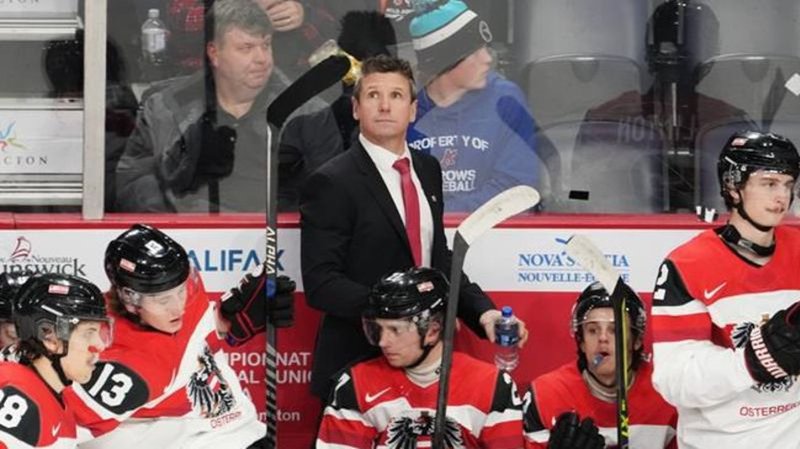
Austrian world junior coach Kirk Furey back home in Nova Scotia: ‘A dream come true’
HALIFAX — Kirk Furey boarded a plane at age 16 with the knowledge his hockey journey – his dream – would likely take him far from home.
Nearly three decades later, that path through leagues on both sides of the Atlantic Ocean brought him right back to where it started.
The Glace Bay, N.S., product, whose playing resume reads like an alphabet soup, was asked in the fall if he would take a break from leading his Austrian club team’s development program to coach the country’s entry at the world junior hockey championship.
The task was daunting. The tournament’s location made it a no-brainer.
